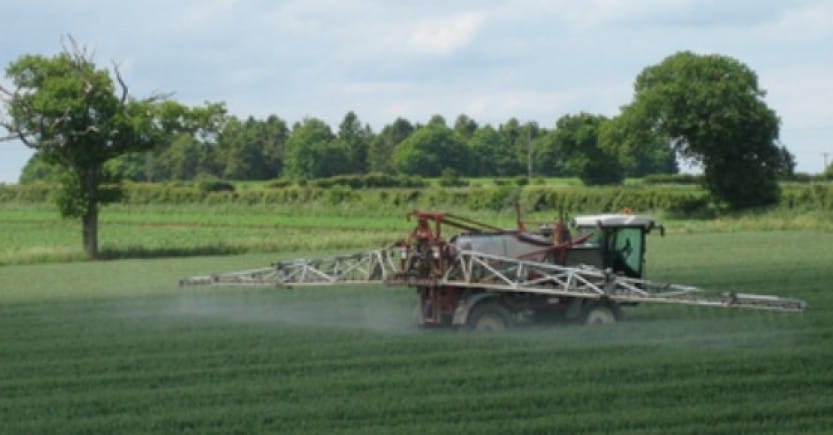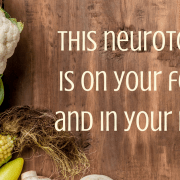The Best Reasons to Eat Organic Go Far Beyond Yourself
The day will come when society will look back at standard farming practices and be appalled that poisons were used in agriculture before and after planting. Meanwhile the public was oblivious to the neurotoxins and hormone-disrupting substances in their foods. But it’s not just the person eating the food whose health is harmed. Unfortunately, the repercussions spread beyond, to future generations.
Many people resist buying organics due to higher cost or lack of access to organic products. But the extra effort and expense involved in eating organic should be looked at as a smart investment.
Important benefits of eating organic
- You set an example: When you eat organic your family and friends notice! Make sure your children need learn the importance of avoiding foods produced with toxins (see below)
- It spreads the word: If you an ask the manger for organic foods not yet carried at your local at grocery stores, the manager may start stocking them. More shoppers will be exposed to organic items and start to think twice about why it is there.
- It’s economic common sense: The greater the demand for organics, the more the costs will be reduced and it will move in the direction of being the norm.
- Protecting future generations: Maybe you’re not particularly concerned about your own health. But what about your future kids or grandchildren? Read on!
The direct impact on future generations
Organic.org gives ten reasons to support organics. Here’s one of them: “Before a mother first nurses her newborn, the toxic risk from pesticides has already begun. Studies show that infants are exposed to hundreds of harmful chemicals in utero. In fact, our nation is now reaping the results of four generations of exposure to agricultural and industrial chemicals, whose safety was deemed on adult tolerance levels, not on children’s. According to the National Academy of Science, ‘neurologic and behavioral effects may result from low-level exposure to pesticides.’ Numerous studies show that pesticides can adversely affect the nervous system, increase the risk of cancer, and decrease fertility.”
Rodale news reported that that “coming in contact with vinclozolin, a common hormone-disrupting fungicide used on fruits and vegetables, resulted in behavioral problems in offspring born three generations later.”
Most readers on this site have concerns about health or behavioral difficulties for themselves or their loved one. Between the genetic changes taking place reported above, and the everyday exposure to chemicals in the environment, kids are at a disadvantage from day one. This makes it all the more critical to give children the very safest food we can.









